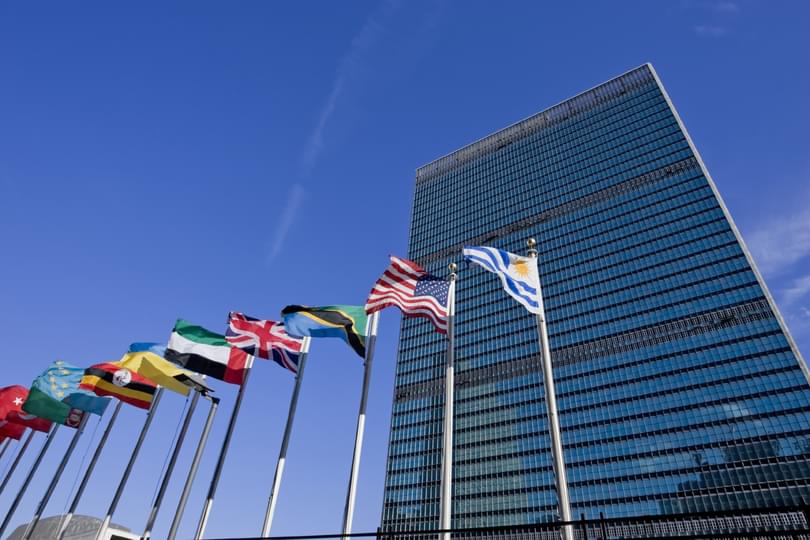
On 24 and 25 November, the Oxford Martin Programme on Human Rights for Future Generations and the Norwegian Centre for Human Rights will host 'Human Rights and the Post-2015 Development Agenda: Challenges and prospects'. In this blog, Dr Jaakko Kuosmanen examines why the integration of human rights into the agenda should not be considered a 'quick fix'.
With less than a year until the Post-2015 Development Agenda replaces the Millennium Development Goals (MDGs), political discussions are focusing on 17 proposed development goals. For the human rights community the central issue in the Development Agenda is the link between human rights and the final goals that will be – if all goes as planned – adopted in an international summit in September 2015. How prominent a role will human rights have in the Development Agenda?
All eyes are now turning towards governments as the process shifts from inclusive international development discussions towards exclusive intergovernmental political negotiations. With broad consultations of civil society over, some of the central questions now are:
- How much will international realpolitik dampen the existing aspirational proposals?
- How much will the final document be based on an overlapping political consensus by states that strongly adhere to the notion of national interest?
- How much will it reduce human rights from tangible commitments to rhetorical devices that can be utilised by governments insidiously?
It is still fairly uncertain what role human rights will have in the final goals. In the midst of this uncertainty it is important to be reminded also of the incompleteness of the existing human rights paradigm. Those working in the field know well that it is far from perfect. Among other things, the accountability mechanisms are weak and controversial. Periodic reviews and country reports may have a positive impact on the human rights situation in particular countries, but in general terms they are far from adequate in reflecting the fundamental nature of the human interests enshrined in legal human rights instruments. There are plenty of problems, for example, with reporting guidelines as well as with states’ compliance with the recommendations made by treaty bodies.
Another dimension of the human rights paradigm that still requires work is practical implementation. Scholars working on socio-economic rights are actively trying to develop indicators and targets that would adequately reflect legal human rights obligations. This endeavour is far from being uncomplicated, and the developed methodologies are still imperfect. Yet, it is central for the purposes of accountability. Not only do we need methods of measuring right-bearers’ circumstances, but also quantification targets to measure against. As for example those working on litigation know well, courts can have a hard time deciding socio-economic rights cases as the corresponding obligations are vaguely formulated.
The human rights community is correct in pushing for the recognition of the link between human rights and development. This reframes the development discussions from an issue of charity to an issue of justice. Yet, the integration of human rights in the Post-2015 Development Agenda should not be considered as a quick fix. The human rights paradigm itself requires fixing, and it constitutes only a beginning in global development that benefits the vulnerable in the near and distant future.
This opinion piece reflects the views of the author, and does not necessarily reflect the position of the Oxford Martin School or the University of Oxford. Any errors or omissions are those of the author.
